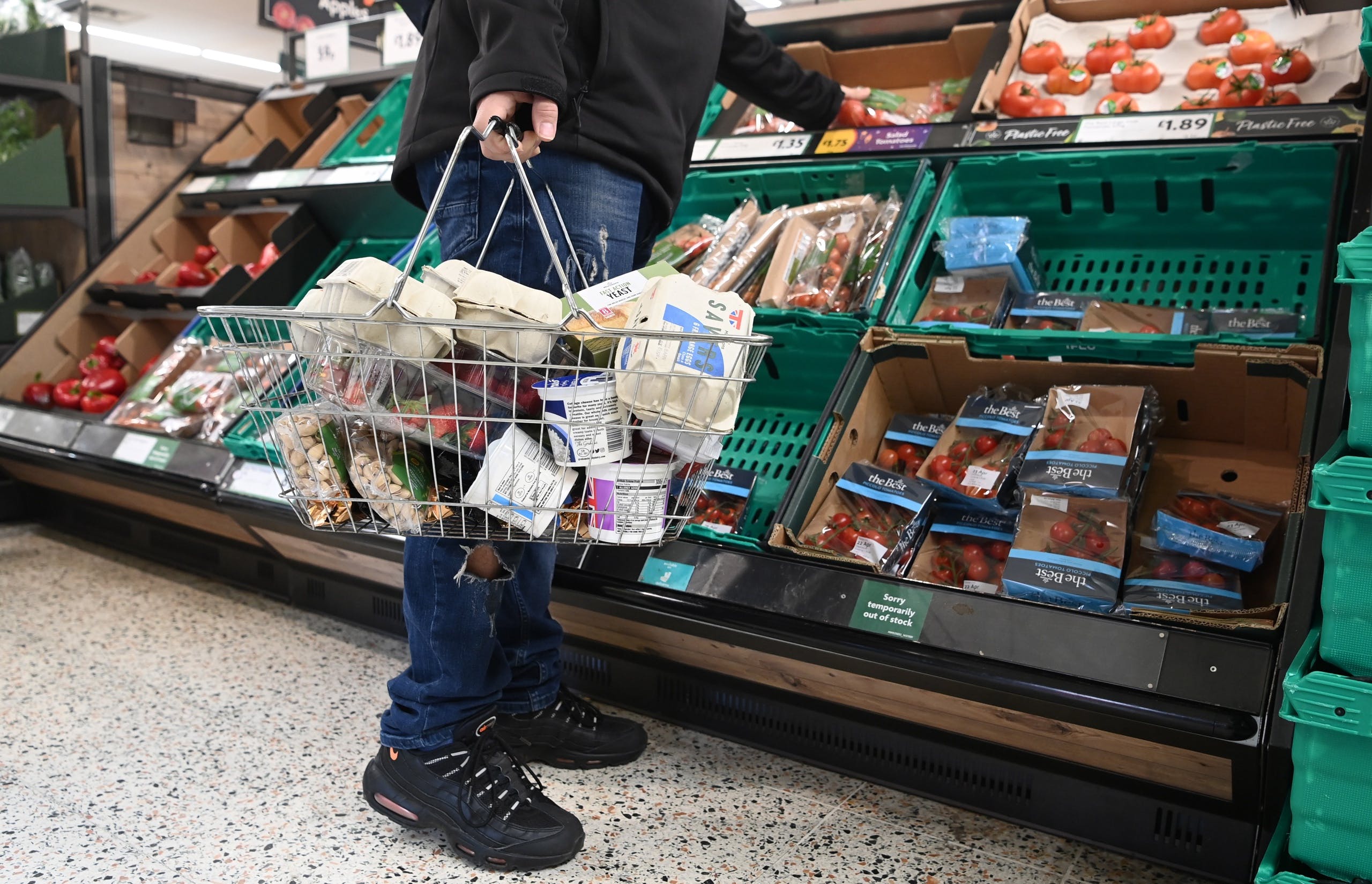While inflation is easing in the United States and the European Union, the United Kingdom is reeling from high inflation rates. In March, the country across the Channel posted double-digit inflation at 10.1 percent. In March, the euro area recorded inflation of only 6.9 percent.
For seven consecutive months, the United Kingdom has recorded an inflation rate of more than 10 percent. Contrary to analysts’ expectations, the rate of inflation did not come down. Analysts had actually expected inflation to drop below ten percent to 9.8 percent in March. Especially as the cost of living continues to rise. Prices of food and non-alcoholic beverages rose by no less than 19.1 percent. This number has not been higher since 1977. Prices of bread, hot drinks, chocolate and snacks in particular rose, according to the British Office for National Statistics.
Also Read | Eurozone inflation slows again, ‘but it’s rumbling under the hood’
British Prime Minister Rishi Sunak is also pained by the fact that the British are so burdened by huge inflation. He promised to halve inflation by the end of this year. His chancellor Jeremy Hunt says the government is ‘on track’ to reduce inflation and ease the burden on households and businesses.
Interest rate hike is expected
The British central bank faces a tough task once again, now that the inflation rate is once again disappointing. Earlier, the Bank of England (BoE) governor said investors should not count on too many rate hikes. But the British certainly don’t seem to have that ‘luxury’. Investors now expect three more rate hikes this year. The interest rate is expected to reach 5 percent by the end of this year. The interest rate is currently 4.25 percent.
Also Read | ‘Economic recovery has finally begun’
“The BoE is not confident that low rates are under control,” says Hugh Kimber, market analyst at JP Morgan Asset Management. However, a closer look at the British economy reveals positive details. For example, price inflation among manufacturers declined from 12.8 percent to 7.6 percent. In particular, it points to easing pressure on global supply chains.
Also Read | A blow to the British: Inflation rises unexpectedly sharply
Brexit
Compared to other countries and regions, the British are in the worst position economically. For example, inflation in the United States fell from about 6 percent to 5 percent, in Germany from 9.2 percent to 7.8 percent, and in France from 7 percent to 6.6 percent. Inflation in the entire Eurozone fell from 8.5 percent to 6.9 percent. Brexit in particular will play a role in the British economy.
In fact, of the major economies, only the United Kingdom has large numbers of people leaving the labor market. The labor force participation rate is lower than in 2019 and hundreds of thousands more people are on long-term sick leave than before the pandemic. Post-Brexit visa rules have created problems in the labor market that weren’t there before, said Karen Ward, head of market strategy Europe at JP Morgan Asset Management.
Also Read | ‘British economy is back’


“Award-winning beer geek. Extreme coffeeaholic. Introvert. Avid travel specialist. Hipster-friendly communicator.”








